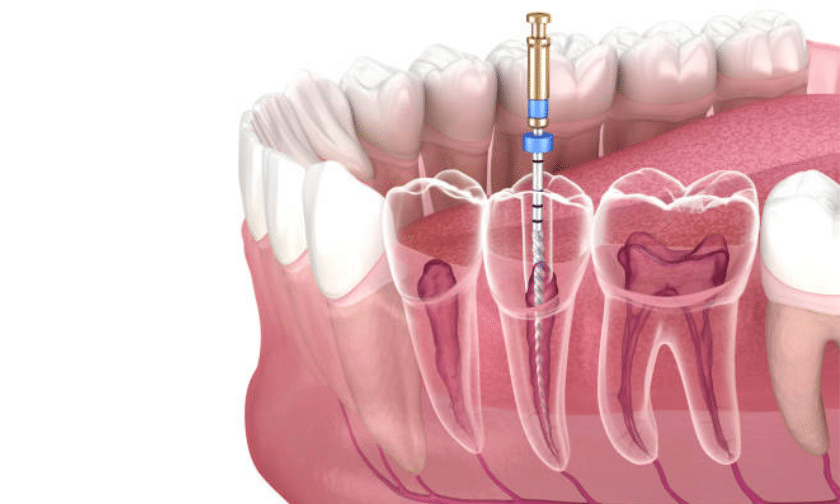
7 Common Signs You Need a Root Canal
Root canal treatment is a common dental procedure that is performed to treat infection or inflammation of the pulp inside a tooth. It can help restore your teeth’s function and appearance and prevent further damage. But how do you know if you need root canal treatment? In this article, we’ll discuss seven common signs that indicate you may need a root canal.
Pain in the Tooth
One of the most common signs that you need a root canal is a pain in the affected tooth. You may feel throbbing or radiating pain when eating certain foods or applying pressure to your teeth. The intensity of the pain can vary, but it should be taken seriously as it could be an indication of infection.
Pain Increases with Hot and Cold Foods
If you experience pain when consuming hot and cold foods, there’s a good chance that the root of your tooth is infected. This is because the infection can cause sensitivity in the nerves of your teeth. If left untreated, this pain could worsen and become unbearable.
Swelling or Tenderness Around the Tooth
Another common sign that you need to visit a dentist for root canal treatment is swelling or tenderness around the affected tooth. This may be due to an abscess, which is a buildup of pus caused by bacterial infection. If you notice any swelling or tenderness around your tooth, it’s important to visit your dentist as soon as possible.
Discoloration in the Tooth
Discoloration of a tooth is another sign that you may need root canal treatment. Your tooth may appear darker or yellowed, and it could even start to crack or crumble due to the infection’s progression. If you notice any discoloration in one of your teeth, be sure to visit your dentist right away.
Bleeding Gums
Bleeding gums can also be an indication that a root canal treatment is necessary. If you experience bleeding while brushing or flossing, there’s a good chance that the root of the tooth is infected and needs to be treated. Visit your dentist if you experience any gum bleeding in order to get the proper treatment.
Discoloration or Swelling of Gums
Aside from bleeding gums, discoloration or swelling of the gums can also be a sign that root canal treatment is needed. If you notice that your gums have become red or swollen, it could mean that an infection has spread from your tooth to the surrounding tissue. It’s important to visit your dentist if this occurs, as it may require root canal treatment.
Bad Breath and Unpleasant Taste in Mouth
Bad breath and an unpleasant taste in your mouth are also signs that you might need root canal treatment. These symptoms may indicate that there is an infection in your tooth that needs to be treated. If you’re experiencing these symptoms, it’s important to visit your dentist as soon as possible.
Loose or Wiggly Tooth
If you have a loose or wiggly tooth, it could also mean that root canal treatment is necessary. This usually happens when the infection has spread and weakened the surrounding tissue of the affected tooth. If this occurs, you should visit your dentist right away in order to get the proper treatment.
Conclusion
Root canal treatment can help restore function and appearance to your teeth while preventing further damage from an infection or inflammation of the pulp inside a tooth. While some of the signs of needing root canal treatment may be obvious, such as pain or discoloration, others may not be as easy to spot. If you experience any of these common symptoms, it’s important to visit your dentist for a proper diagnosis and treatment plan.
A: There are several signs that indicate you might need root canal treatment, such as pain in the affected tooth, bleeding gums, discoloration or swelling of the gums, bad breath and an unpleasant taste in your mouth, and a loose or wiggly tooth. If you experience any of these symptoms, it’s important to visit your dentist for a proper diagnosis and treatment plan.
A: The cost of root canal treatment will depend on several factors, such as the severity of your condition, the location of your tooth, and your dental insurance coverage. Your dentist will be able to provide you with an estimate before any treatment is performed.
A: In some cases, your dentist may recommend an alternative to root canal treatment, such as a dental crown or bridge. Your dentist will be able to determine the best option for you based on your individual needs and the condition of your tooth.



